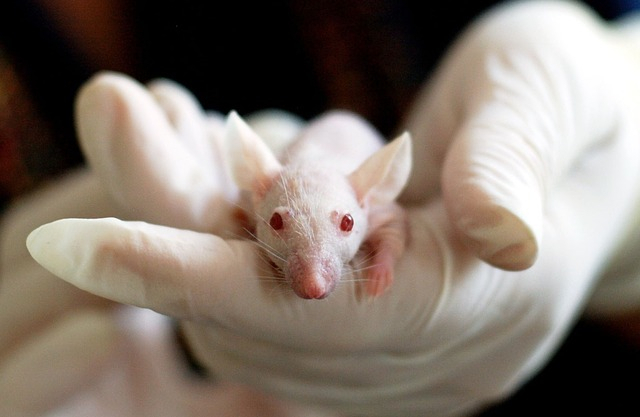
India supports replacing animals in research with emerging technologies such as organs-on-a-chip. The national regulator for biomedical research suggested that by fast-tracking investments in technology, there would be no need to use animals.
While many Indian researchers are open, they also caution that alternatives for drug toxicity and efficacy are just not enough to obviate using animals. Moreover, it would involve a complete, costly turnaround in the drug-approval process. At present, medicines need to be tested in rodents, primates or dogs, before getting approved.
Since 2016, the Indian branch of the Humane Society International has been asking the Indian Council of Medical Research (ICMR) to replace animal testing, said Alokparna Sengupta, the deputy director of the organization in Hyderabad and member of the ICMR's expert group. In 2017, India set up an ICMR committee to consider the alternatives.
Emerging technology that can model complex human physiology in the laboratory, including organoids and organs-on-a-chip, are found to be better than animals in replicating disease, says the ICMR's former director-general and currently deputy director-general at the World Health Organization, in a paper published in the Indian Journal of Medical Research.
She pointed out that drug-discovery research on animals has not enabled India to develop any medicine. Molecules that seemed safe in animals did not work on humans. She says that emerging technologies are more cost-effective and humane, so she advocates centres of excellence and investment in funds as well as global scientific alliances to develop alternative technologies.
However, there are opponents to the complete replacement of animals too. Addicam Jagannadha Rao, an emeritus biochemist at the Indian Institute of Science in Bangalore, avers that exploring disease or toxicity in a dish or using organs on a chip does not reveal how drugs are metabolized in the body. "I am for the judicious use of animals," said Rao.
Amit Misra, an Indian pharmacokinetics researcher at the Central Drug Research Institute (CDRI) in Lucknow, has an even more explosive suggestion. He feels that neither animals nor emerging technologies are adequate, so it would be better to pursue toxicity studies in some consenting patients only!
Other countries exploring non-animal technologies include UK and US, which have drawn up their own road maps. In September 2018, the US Environmental Protection Agency announced plans to reduce animal usage. Denmark, Brazil, Germany, Switzerland, Australia, China and Korea have also joined the list.








